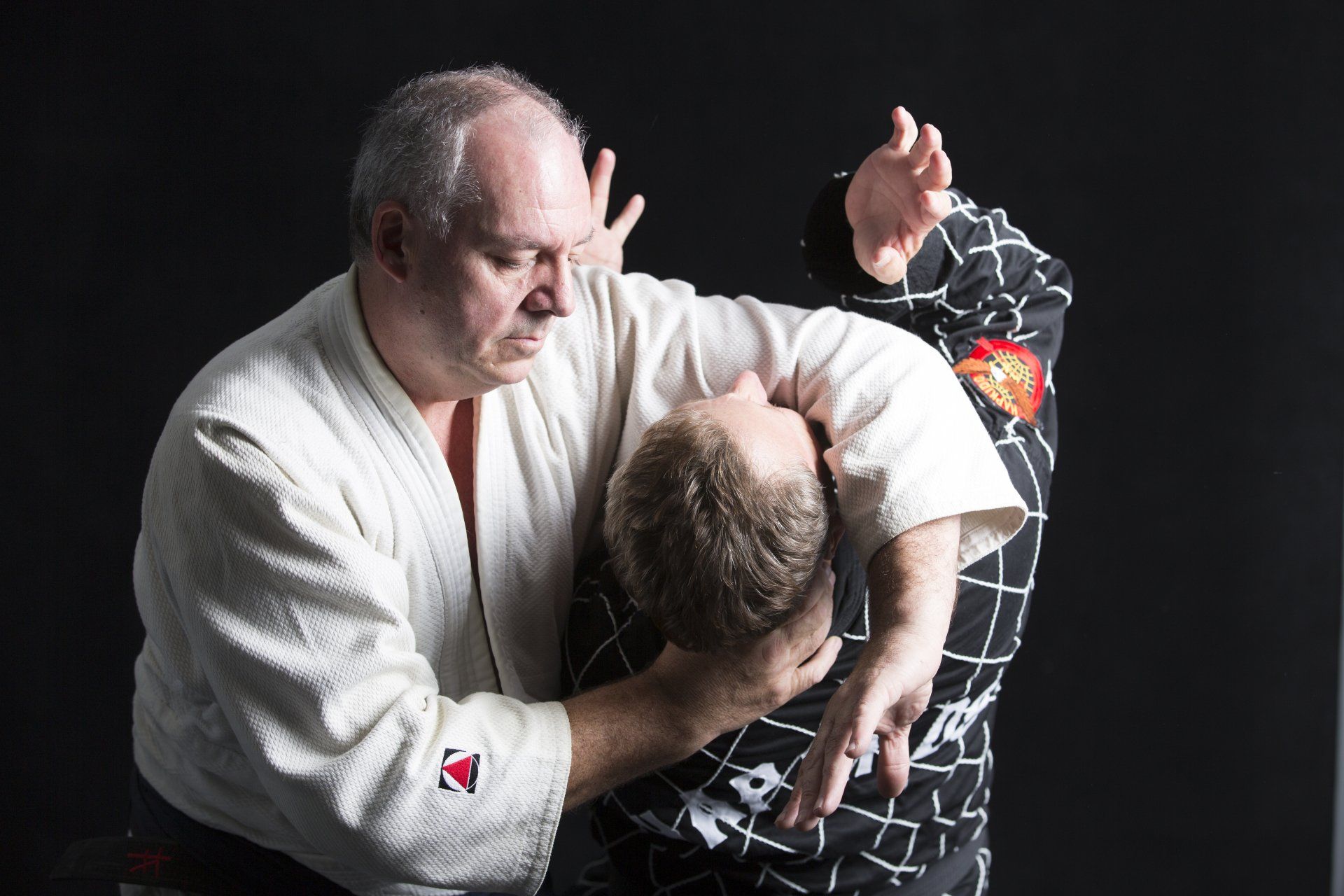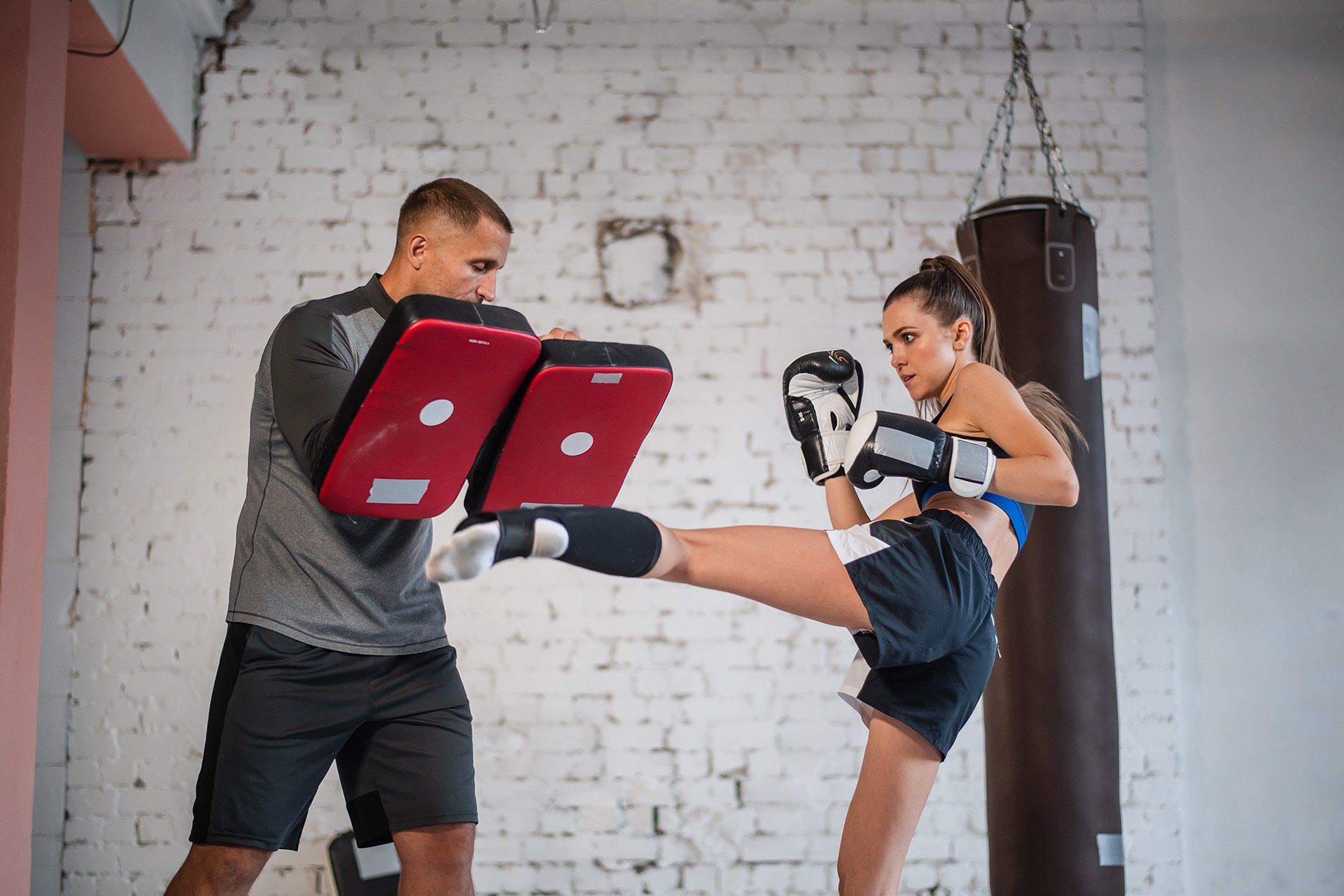Martial Arts Instructor Qualifications
WHAT ARE THE APPROPRIATE QUALIFICATIONS FOR MARTIAL ARTS INSTRUCTORS?
Instructor qualifications is a complex area to clearly identify exactly what is required by legislation, what is an industry standard, what is recognised by corporations and what the consumer expects to see.
There isn’t any legislation that states any martial arts instructor requires a specific qualification to teach. There are however laws around the operation of a business, hiring a venue, working with children for example that can have a direct impact on an instructor.
We have identified several elements that martial artists can draw from to be deemed, recognised as a qualified instructor. Our member screening process take this into account as we alloacted points for experience, grades, formal qualifications and industry contributes, to create a comprehensive method of assessing an instructor’s competency.
QUALIFICATIONS FOR RUNNING A SCHOOL
To run a martial arts school you not only need the qualifications,
You also need to be recognised by a number of communities and authorities which will include extra credibility from peak body associations.
FORMAL QUALIFICATIONS -
Some qualifications maybe deemed higher than others however the relevance plays a bigger part in obtaining the most appropriate skills / knowledge for the job, (teaching martial arts).
Time
Just like learning any trade / profession it takes about 4-5 years to be competent enough, to teach martial arts in your own club.
This will give instructors a general martial arts black belt or blue/purple BJJ belt, which is acceptable to run their own club and qualify for insurance.
The Learning Process
Practical coaching skills are generally picked up by been giving assistant teaching roles in their club. The sports science, coaching, communication, risk management etc is best learnt from attending the right industry courses.
To operate a club on your own, further study of business is essential, for creating a viable business whilst adhering to the appropriate legal operational compliance.
Basic Level Academic Qualifications
Being in a good school that has an instructors / team leader program (inhouse) is a great start.
Doing an ASC general principles coaching course is another good starting place as well. It may give additional knowledge to the inhouse on course.
A more comprehensive course would be a full coaching course that can be run from a
peak industry body or through a RTO.
See AMACS
Advanced Level Academic Qualifications
A more formal qualification such as Cert III - Dip in Sports Coaching / Fitness is really good, but doesn't cover the core martial arts specifics.
The same goes for a dgree, but adding a Cert IV Trainer and Assessor stands on its own as a great asset. The TAE gives instructors a much better foundation for teaching / designing programs.
Popular Questions
The answers to the questions martial artist have been asking!
- WHAT ARE THE BEST INSTRUCTOR COURSES AVAILABLE?
- HOW CAN I GET MY EXISTING QUALIFICATIONS VALIDATED?
This is a member only feature, so become a member of Martial Arts Australia and we will show you how to get all your existing instructor qualifications validated!
- HOW TO MATCH EXPERIENCE TO THE INDUSTRY STANDARD?
Head to our instructor MATRIX and see where you qualifactions and certificates match up further down the page
- WANT HELP SETTING UP YOUR NEW CLUB? (WHAT DO YOU NEED)
Head to the instructors starting out and get started! We have 100's of instructors every year start their own club and we help them do it the right way!
- HOW TO GET ALL YOUR INSTRUCTORS ACCREDITED INSTANTLY?
This is a member only feature, so become a member of Martial Arts Australia and we will show you how to get all your instructors accreditated via RPL!
Other aspects of evaluating an instructor's qualifications
BELT / RANK -
In many cases a black belt seems to be the marker of competency to operate a club. In the case of Brazilian Jiu Jutsu it is deemed that a blue belt (training 4-5 years), but for insurance purposes a purple belt is required.
Other styles such as
Muay Thai / Kickboxing, Tai Chi, Kung Fu, MMA, Wrestling that don't have a belt or sash system. It then reverts back to years of training and what that involved. In this case it's more important to be under pinned, by formal qualifications in coaching.
PARTICIPATING IN COMPETITIONS –
Attending, placing and winning Tournaments / Fight Shows acknowledges a certain level of commitment and skill level in martial arts.
If a person has been successful in winning competitions / fights we feel they should receive a higher level of points than those that have just participated without placement. However a good fighter doesn't neccessaly convert into a good coach. That said, a good coaching course will help consolidate their skills and give them formal groundings to teach.
ESSENTIAL RECOGNITION FOR INSTRUCTORS AND SCHOOLS
PROFESSIONAL AFFILIATIONS - Membership to associations / peak bodies serve all industries, it shows that instructors want to access higher learning, comply with industry standards, keep up to date on regulations, get access to support services and be recognised as a professional operator. Extra points given.
Operator Checks Are Required
- Weapons licences
- Police Checks
- Work With Children Checks
Although some of these checks may not be required for teaching certain activities and groups in the community.
National Sport Organisation Recognition:
NSOs go through a government vetting process to operate in accordance to set guidelines. Many have worked with the Australia Sports Commission (ASC) providing the National Coaching Accreditation Scheme (NCAS) training courses. Now that the ASC has retired the NCAS the NSOs now provide their own inhouse training course which is not endorsed by the ASC.
Industry Instructor Recognition:
The industry (general associations and peak bodies) can provide instructors with recognition through training courses and an accreditation / certification. They all offer some form of operational resourceses / mandates for codes of conduct, risk management manuals, waiver forms and other business support.
The largest peak body in Australia by membership and services is Martial Arts Australia. Their membership is the most sort after in the industry providing the most support.
Corporations Instructor Recognition:
Corporations follow industry and government recognition which helps them identify professionalism This is a factor when companies
commit any investment
(sponsorship) to service providers. They are much more likely to accept trainers that have the most appropriate industry recognition.
Consumer Instructor Recognition
The consumer is now more likely to question instructor qualifications / accreditations / certifications to evaluate if they are deemed qualified in their eyes.
Consumers want to see a governing authority that has checked an instructor’s qualifications, if they are insured, to make sure they are in safe hands. Having a professional association membership infers to them, that the instructor has been screened and has committed to ongoing education and industry compliance.
QUALIFICATION MATRIX
The Martial Arts Instructor Matrix is a very comprehensive method of evaluating a Martial Artist for teaching duties in your club or for them to operate their own business.
Although there are many endorsements of this matrix the calculating process may be viewed differently by various individuals and organisations.
For this reason the Matrix will be up for review every six months for people to contribute to the refinement of the process.
Rated by Course Relevance
# 1 AMACS-Sport/Rec+MA & self defence (Level 1 - 3)
# 2 Trainer & Assessor Cert IV # 2 Fitness - Gym / Group Fitness / PT # 3 Sport & Recreation
# 3 Sports Coaching - General
# 3 NCAS - Courses run by National Sporting Bodies
# 4 Peak Body Association courses
# 4 Australian Sports Commision (General principles course)
# 4 In house Club course
This list has been set out using all of the evaluation aspects, that create most relevant content for instructor needs and are the most widely accepted by the most authorities.
Categories of various authorities that have been considered
IN - insurance companies
IND - industry
PPB - Peak Professional Body
GOV - Government
NSO - National sporting orginisation
RTO - Regestered training orginisation
TAFE - Technical and Further Education
ASC - Australian Sport Commission
UNI - University
ASQA - Australian Skills Quality Authority
AMACS - Australian Martial Arts Coaching System
CON- Consumer
Martial Arts Australia has been operating for over 30 years and has become the largest and most respected association in Australia. With the largest membership and services it acts as a 'One Stop Shop' for club owners and for consumers to find a professional club to train. Its services reduce costs of club owners providing business assets and discounts to essential products.
MARTIAL ARTS INSURANCE BROKERS
MARITAL ARTS AUSTRALIA INSURANCE SERVICES
FITNESS INSURANCES BROKERS
GYM INSURANCE
Contact info
OFFICE:
Unit 6 / 12 Henderson Road Knoxfield,
VICTORIA, AUSTRALIA (Meetings By Appointment)
POSTAL:
PO Box 2057 Blackburn South 3130
VICTORIA, AUSTRALIA
Public Liability Insurance (Clubs & Gyms)
Club Management Software
Kapow Web Design
Direct Debit Billing - Fee Collection
Interactive Martial Arts - Magazine
Fit Multi Media Platform
AMACS AUSTRALIA COURSES
MARTIAL ARTS UNIVERSITIES
CUSTOMER SERVICE
EXTRA MARTIAL ARTS RESOURCES
ClubManager Software
-
Student Billing -
Martial Arts Insurance -
Martial Arts Australia Insurance Services -
Promotional Videos
-
Martial Arts Universities
-
Martial Arts Coaching Courses
This Website is Powered and Built by Kapow Web Design



